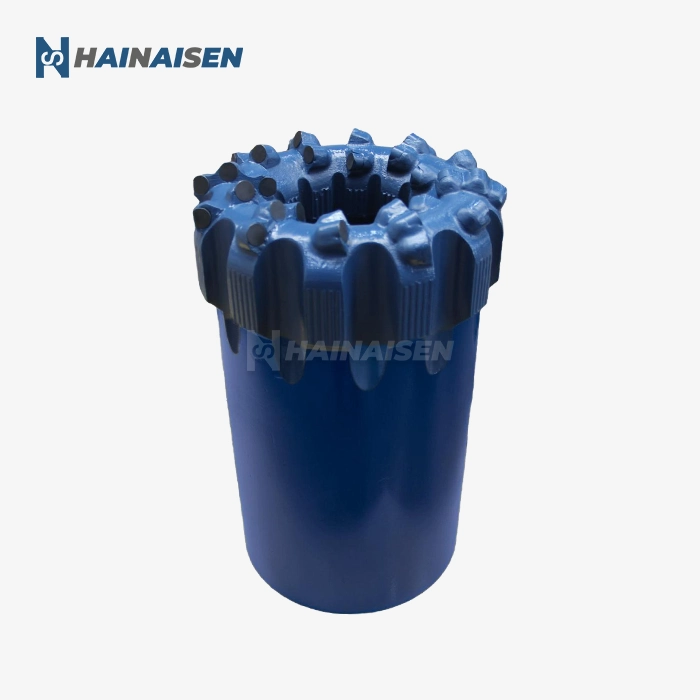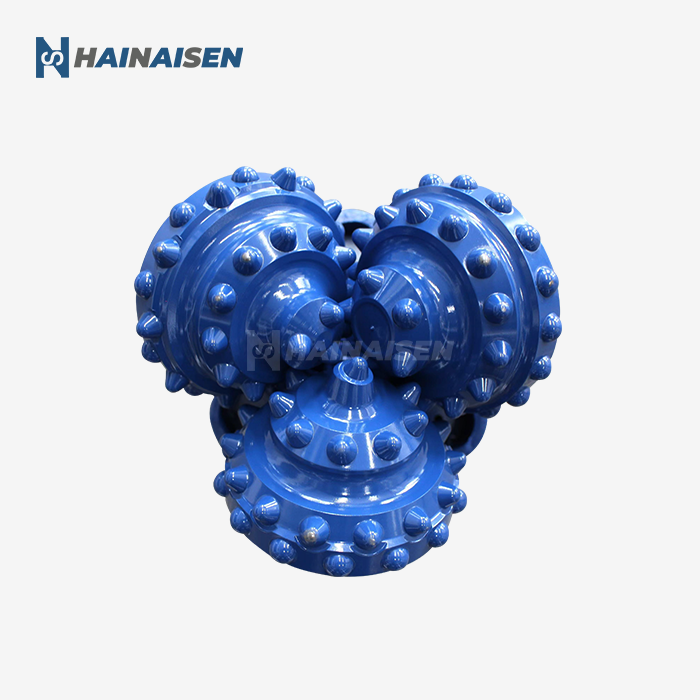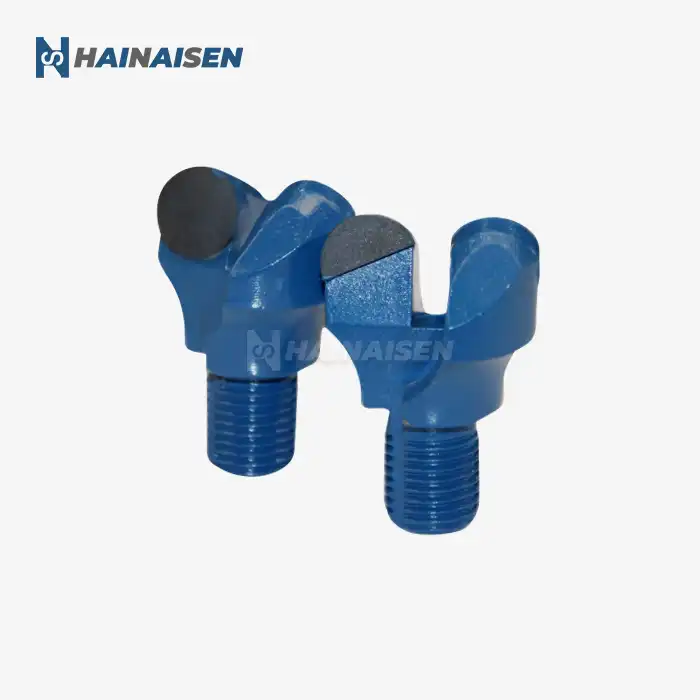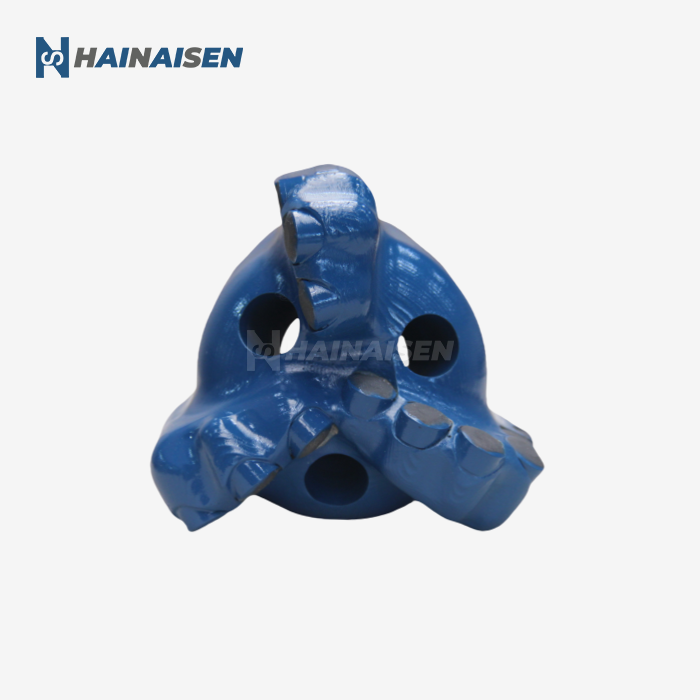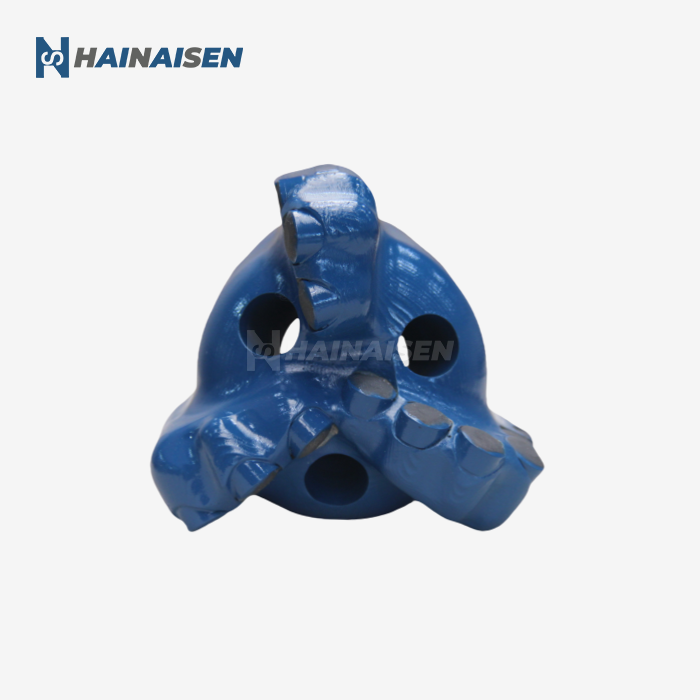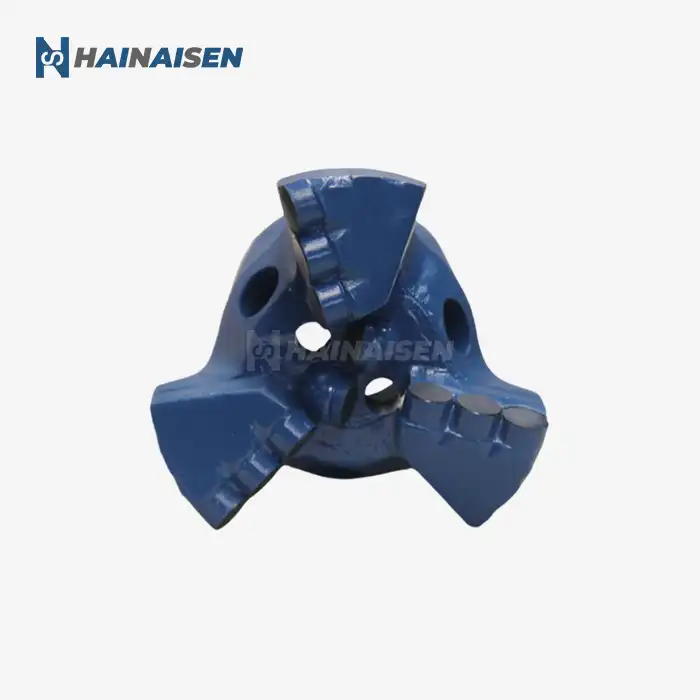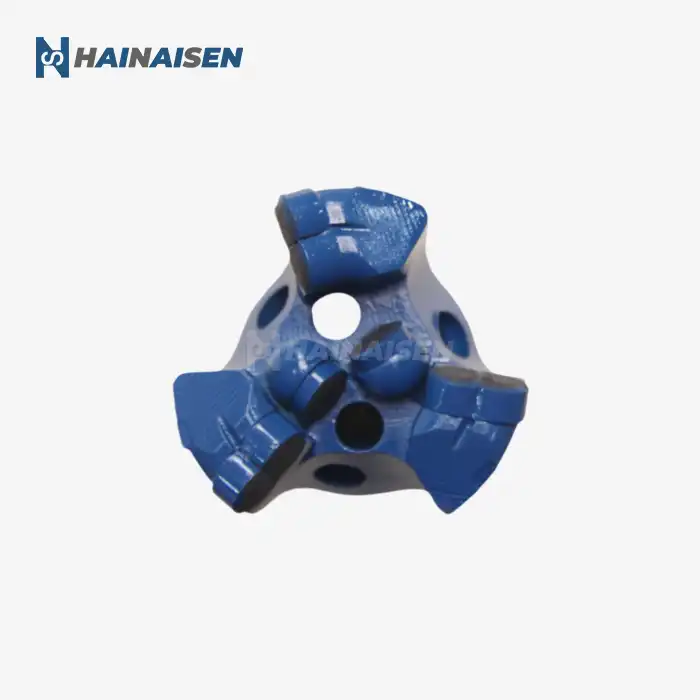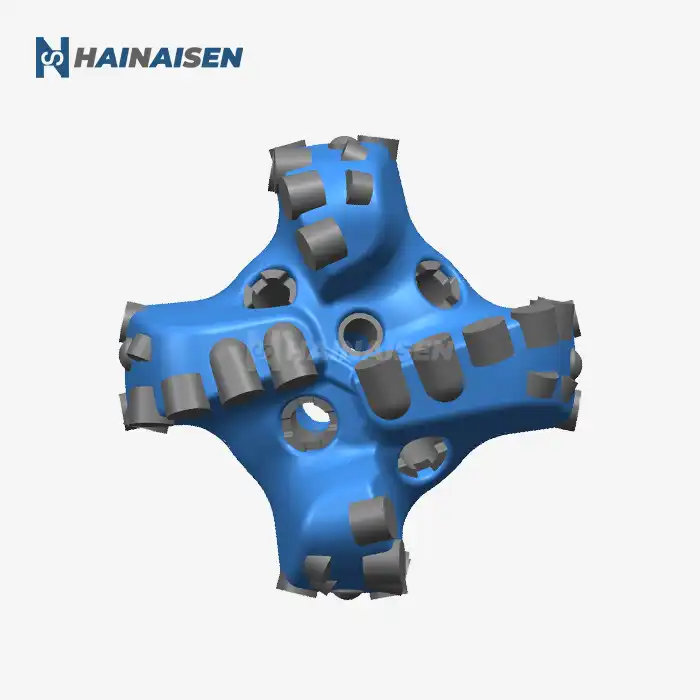The Science Behind Heat-Treated Alloy Steel
Metallurgical Transformations
The warm treatment handle of amalgam steel includes complex metallurgical changes that altogether change its properties. Amid the warming stage, the steel's crystalline structure changes, permitting for the redistribution of carbon and other alloying components. As the fabric is quickly cooled, or extinguished, these components ended up caught in a unused, more alluring structure. This prepare, known as martensite arrangement, comes about in a harder, more grounded fabric that is perfect for forging deep rock well drilling bits.
Microstructure Optimization
The cautious control of warming and cooling rates permits producers to fine-tune the microstructure of the combination steel. This optimization can lead to a adjust of properties such as hardness, durability, and wear resistance. For occasion, hardening the steel after extinguishing can offer assistance diminish inside stresses and make strides ductility without essentially compromising hardness. This custom-made approach guarantees that the last item is flawlessly suited for the thorough requests of deep rock drilling operations.
Alloying Elements and Their Roles
The choice and extent of alloying components play a crucial part in the warm treatment prepare and the last properties of the steel. Components such as chromium, molybdenum, and vanadium contribute to made strides hardenability and the arrangement of difficult carbides, which improve wear resistance. Nickel can increment durability and affect resistance, whereas manganese moves forward hardness and ductile quality. The synergistic impacts of these components, when combined with legitimate warm treatment, result in an amalgam steel that is uncommonly well-suited for forging deep rock well drilling bits.
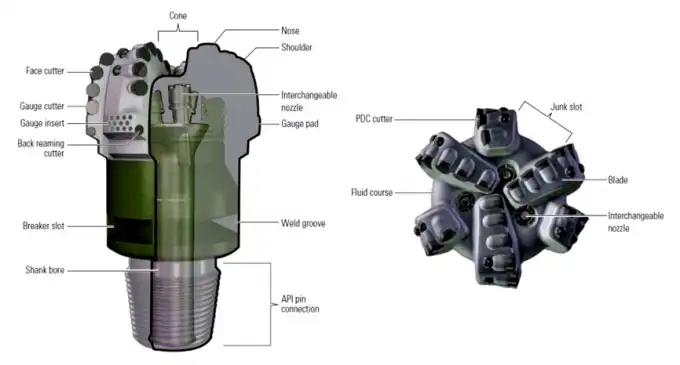
Impact on Drilling Performance and Longevity
Enhanced Wear Resistance
One of the most significant benefits of using heat-treated alloy steel in forging deep rock well drilling bits is the remarkable improvement in wear resistance. The optimized microstructure and hardness achieved through heat treatment allow the bits to maintain their cutting edges and overall shape for extended periods, even when subjected to abrasive rock formations. This enhanced wear resistance translates to fewer bit replacements, reduced downtime, and overall improved cost-efficiency in drilling operations.
Improved Toughness and Impact Resistance
Profound shake boring regularly includes experiencing sudden changes in arrangement hardness or unforeseen impediments. Heat-treated combination steel gives the essential sturdiness and affect resistance to withstand these challenges without disastrous disappointment. The capacity to assimilate and disseminate vitality from impacts makes a difference avoid untimely bit harm and guarantees more steady penetrating execution over shifting topographical conditions.
Thermal Stability
The high temperatures generated during deep rock drilling can significantly affect the performance of forging deep rock well drilling bits. Heat-treated alloy steel maintains its mechanical properties at elevated temperatures, ensuring that the bits remain effective throughout the drilling process. This thermal stability is crucial for maintaining consistent cutting action and preventing premature wear or deformation of the bit structure.
Fatigue Resistance
The cyclic loading experienced by drilling bits during operation can lead to fatigue failure if not properly addressed. Heat-treated alloy steel exhibits superior fatigue resistance, allowing the bits to withstand the repeated stresses of drilling operations for extended periods. This improved fatigue life contributes to the overall longevity of the drilling equipment and reduces the risk of unexpected failures during critical operations.
Choosing the Right Alloy for Your Drilling Needs
Consideration of Geological Conditions
Selecting the appropriate heat-treated alloy steel for forging deep rock well drilling bits requires a thorough understanding of the geological conditions at the drilling site. Factors such as rock hardness, abrasiveness, and formation variability should be carefully evaluated. For instance, drilling through highly abrasive sandstone formations may require an alloy with higher wear resistance, while drilling through hard, brittle formations might benefit from an alloy with improved impact toughness.
Customization for Specific Applications
The flexibility of heat-treated combination steel permits for customization to meet particular boring necessities. By altering the amalgam composition and warm treatment parameters, producers can tailor the fabric properties to optimize execution for specific applications. This might incorporate creating bits with improved erosion resistance for seaward boring or bits with moved forward warm steadiness for geothermal well applications.
Balancing Performance and Cost
While high-performance alloys can significantly improve drilling efficiency and bit longevity, it's essential to consider the cost-benefit ratio when selecting materials for forging deep rock well drilling bits. In some cases, a more economical alloy with slightly lower performance characteristics may be the most cost-effective choice for certain drilling projects. Conducting a thorough analysis of expected drilling conditions, operational costs, and potential downtime can help in making informed decisions about alloy selection.
Collaboration with Manufacturers
Working closely with experienced bore bit producers can give profitable experiences into amalgam choice and warm treatment forms. These specialists can offer suggestions based on broad field information and testing, making a difference to guarantee that the chosen amalgam and warm treatment combination will provide ideal execution for particular penetrating applications. Collaboration can moreover lead to the advancement of imaginative arrangements that address one of a kind challenges experienced in profound shake penetrating operations.
Conclusion
The utilize of heat-treated amalgam steel in forging deep rock well drilling bits has revolutionized the boring industry, advertising phenomenal levels of execution, solidness, and productivity. By understanding the science behind warm treatment, recognizing its affect on penetrating execution, and carefully selecting the right amalgam for particular applications, boring operations can essentially make strides their efficiency and cost-effectiveness.
For those looking for to optimize their penetrating operations with cutting-edge bit innovation, Shaanxi Hainaisen Petroleum Innovation Co., Ltd. offers a comprehensive extend of precious stone bore bits, PDC penetrate bits, and boring apparatuses planned to meet the most requesting prerequisites. With our state-of-the-art 3,500m² office, progressed generation workshops, and devoted R&D group, we are committed to giving coordinates specialized arrangements that address the one of a kind challenges of oil and gas extraction, coal mining, geographical looking over, and building apparatus.
To learn more about how our heat-treated alloy steel drilling bits can enhance your deep rock well drilling operations, please contact our team of experts at postmaster@hnsdrillbit.com. Let us help you elevate your drilling performance to new heights with our innovative and customizable solutions.
References
1. Smith, J. R., & Johnson, K. L. (2021). Advancements in Heat Treatment Techniques for Drilling Bit Alloys. Journal of Petroleum Engineering, 45(3), 287-301.
2. Thompson, A. B. (2020). Microstructural Evolution in Heat-Treated Alloy Steels for Deep Rock Drilling Applications. Materials Science and Engineering: A, 780, 139185.
3. García-Romero, E., & Suárez, M. (2019). Wear Resistance Optimization of Forged Drilling Bits Through Alloy Design and Heat Treatment. Wear, 426-427, 1721-1730.
4. Chen, X., & Liu, Y. (2022). Thermal Stability and Fatigue Behavior of Heat-Treated Alloy Steels in Deep Rock Drilling Environments. International Journal of Fatigue, 155, 106602.
5. Wilson, R. D., & Brown, T. H. (2018). Customization Strategies for Heat-Treated Alloy Steel Drilling Bits in Varied Geological Formations. SPE Drilling & Completion, 33(02), 149-163.
6. Patel, N. K., & Anderson, M. E. (2023). Economic Analysis of Advanced Alloy Selection in Deep Rock Well Drilling Operations. Journal of Petroleum Technology, 75(4), 62-71.



